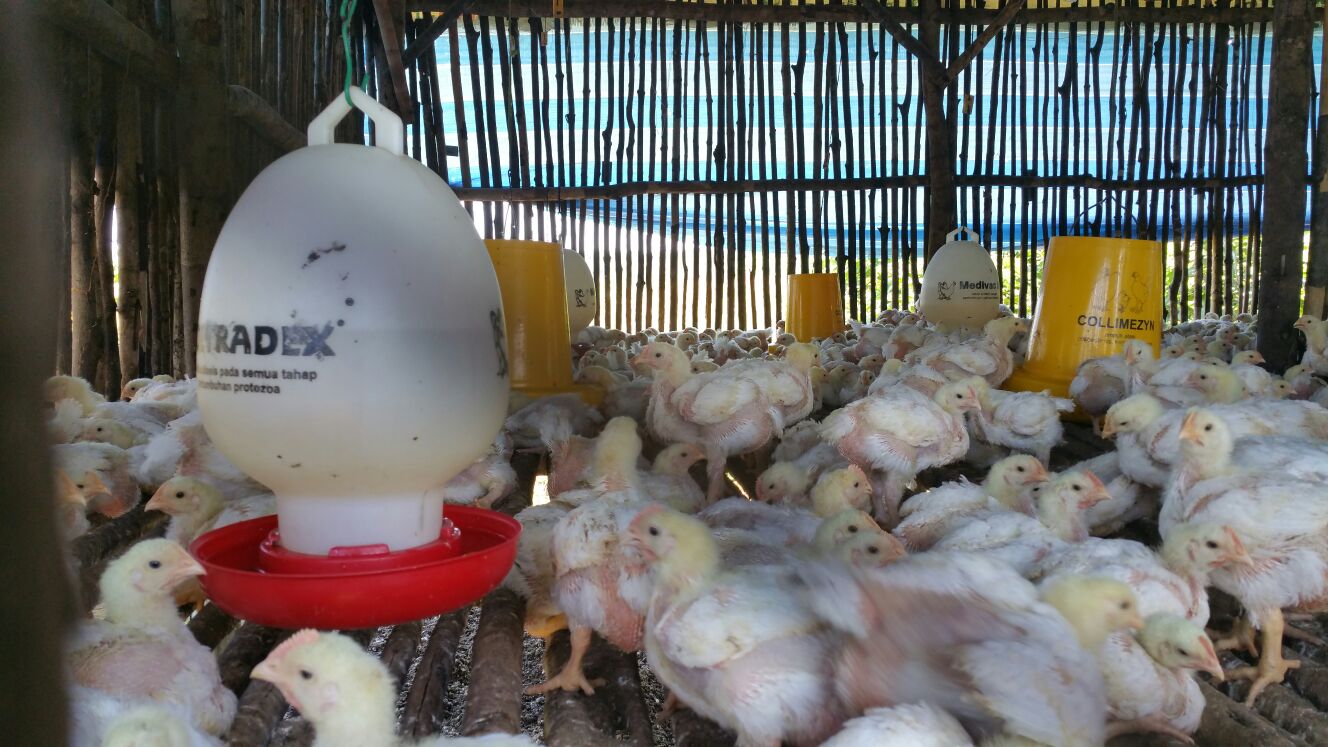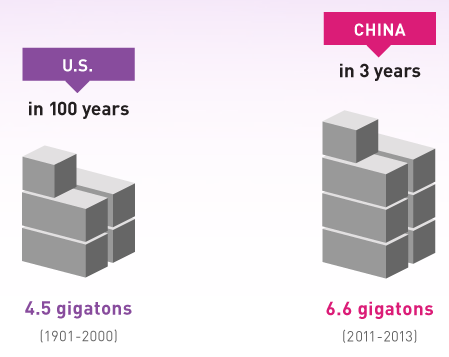A convocation speech in which I shared about entrepreneurship and extolling the virtue of applying the Pareto Principle to achieve contentment in life to the young graduands who were about to enter the next important phase of their lives.
Pro Chancellor or President
Graduands
Ladies and Gentlemen,
A very good afternoon to all of you.
First of all, I would like to thank Professor XXX and the University for this privilege and honour accorded me to give this convocation address.
I am delighted to be here to join you in this joyous occasion. I would like to congratulate you, the graduands, on your convocation. All your hard work has paid off today.
Congratulations !
Let us also recognize and thank all, especially your parents and lecturers, who have made sacrifices to help you in one way or another to achieve this important milestone.
A few of you may choose to continue your studies but many of you are about to enter this new phase of life which is the start of your career. I believe all of you have already given much thought about the possible direction to take.
Entrepreneurship is much encouraged today as the path to take and the benefits are well expounded and proven. Your training in this University has put you in good stead to be an entrepreneur in technical disciplines.
Allow me to share my personal journey to give you a head-start on this particular path and also to share one or two principles which have served me well all these years.
I realized early in my career that there is always opportunity to find an optimal cost effective and superior solution to a need, be it a product or service and make a profit in the process. Personally, I look at two approaches all the time.
One approach is to find a new superior product or service altogether, and the other is finding better value to offer in the entire value chain of making the product or providing the service.
For the former, it involves innovation of new products or services. For the latter, we know in every business organization, there is always these same necessary activity functions such as research and development, design, sales and marketing, production, customer service and distribution; and the entrepreneur can always strive to find better solution to enhance better performance in all these activity functions in the entire value chain of making the product or providing the service.
I believe everyone can have a shot at entrepreneurship by looking at these two approaches.
I will suggest working for a corporation for a start. With the experience gained in working in a particular activity function, it will be easier for you to search for superior performance in this particular activity function you are familiar with.
I tried the latter approach first by looking at the distribution activity function. Early in my career, I was employed in sales. After working several years in the sales and marketing function and with the experience gained, I was asking myself whether a local new company could provide better value add service in the distribution function for the foreign American or European enterprises willing to venture into Asia. Two or three decades ago, it was much easier just to be a pure distributor of American and European companies in Asia, but I preferred the company I intended to build in Asia would be part of a global partnership with foreign enterprise. I changed the simple distribution or agency model into a hybrid model of passing off the local company as a de-facto branch of the foreign enterprise in Asia. But in essence, it is still very much a locally majority or minority owned company.
The traits of an entrepreneur have been much discussed but there is one which I would like to stress here. And that is belief in the competitive edge or superior value one sees in the innovative product or service while others cannot. That is, the entrepreneur is a non-conformist.
When I was trying to promote my company as an one-stop provider of various products in one catalogue buying from various Japanese suppliers in the early 90s. The skeptics would discourage by telling me that the major customers would not be so dumb as not to buy directly from the Japanese suppliers. My belief was that the major customers would prefer to work with an one-stop supplier who could provide all products in one catalogue. It might seem to defy logic but it worked. I went on to build a global brand name in partnership with a foreign enterprise.
I have ever produced semiconductors and other electronic components under my own brand name without any capital investment in factory by outsourcing the manufacturing to foreign factories. Again, skeptics would say that no customer would buy semiconductor chips with unknown brand given the stringent qualification process. Again I proved them wrong.
For the former approach of innovation, one can look at licensing technologies from the universities here where there is a lot of research in various fields.
The world today is facing major problems in such areas as energy, environment and health care and we need innovative solutions in these fields. Our government has availed many opportunities in the form of grants to encourage both research and commercialization of ideas in these areas. That opens vast opportunities for all who wish to embark on this path of self employment. The jobs today are no longer “iron rice bowl” so to speak, and so entrepreneurship offers this opportunity of long term self employment as long as the enterprise built is a viable concern into the far future. One can also have the satisfaction of bringing tangible benefits to mankind.
Two years ago, I tried this innovation approach by licensing solar cell technology from a local university to make enhanced solar EVA films used in solar cells. I have yet to divest any equity in my firm with an initial paid up capital of $ 150,000 through a grant from Spring Singapore and a loan from a listed company . The firm now has commercially produced products just ready for adoption by the market.
There is one principle I would like to share which will serve you well into the future. Though we learned this principle in engineering, it could be applied to time management and even relationship. And that is the Pareto Principle or 80/20 rule.
It roughly states that 80% of the effects come from 20% of the causes. In business, 80% of the business will come from 20% of the customers. To try to increase a further 10% of the business from the majority of the balance 80% of the customers will expend a lot of your time and energy if every customer demands the same attention of your time and energy. And that is not very wise time management and your health and relationship will suffer as a result.
This principle should serve as a daily reminder to focus 80% of our time and energy on the 20% of our work that is really important. Don’t just work smart; but work smart on the right things.
You can also apply this principle to your personal finances. You will find 20% of the expense items make up 80% of your total monthly expenditure. It will be prudent management to trim the expenses of these 20% expense items. It is not wise to feel good just for a brief moment telling people that you stay in an expensive posh condominium or posh car if you are struggling and feeling the insecurity all the time about the mortgage or hire purchase. With the trimming of these big expense items, you will then have the extra to be generous in many other ways such as giving an allowance to your parents, or buying treats and gifts for your loved ones or those less fortunate. Remember Contentment, not Greed, will always bring you joy and peace in your lives.
I wish you success in your every endeavour. Thank you.





